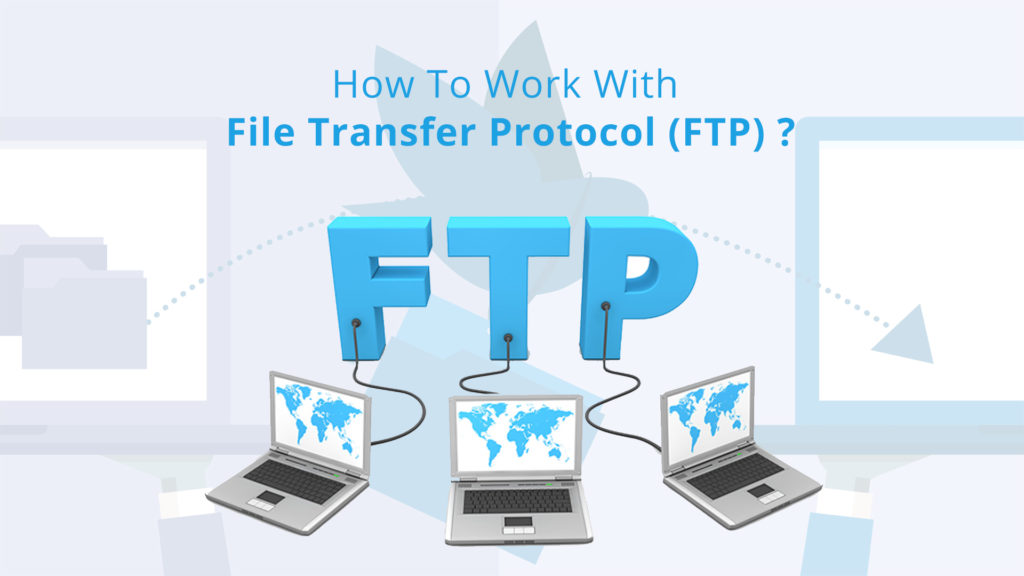As technology spurs, so does the need for a more sophisticated and streamlined way to manage content in the enterprise. As a result, the future of enterprise content management (ECM) is one that leverages the latest technologies to support better companies in their efforts to manage and store data.
Enterprise Content Management is an umbrella term for the strategies, methods, and tools used to capture, manage, store, preserve, and deliver content within an organization. It combines document management systems, digital asset management systems (DAM), workflow automation engines, records management systems (RMS), business process management (BPM) systems, and other related tools.
It enables organizations to streamline operations by securely organizing, managing, and sharing information with employees, customers, and other stakeholders. As a result, ECM solutions can help businesses improve customer service, increase productivity, and reduce costs and risks associated with manual processes. All these benefits are achieved through comprehensive digital content management strategies that enable an organization to store, search and access content quickly.
ECM solutions also provide users with secure access to the most up-to-date information, reducing the time it takes to complete tasks and the chances of errors due to outdated data. Additionally, by automating routine processes, businesses can increase employee engagement and job satisfaction in addition to improving operational efficiency.
The future of Enterprise Content Management (ECM) is a hot topic in the tech world. As more organizations adopt digital transformation initiatives, they seek ways to manage their content better and ensure it is secure, compliant, and optimized for collaboration. ECM solutions have proven to be an effective means of addressing these needs. In addition, many companies use the latest advancements in cloud computing and artificial intelligence to improve their processes further.
The most critical trend in ECM is the move towards cloud-based solutions or popularly known as automation. Cloud-based ECM systems provide a secure, centralized platform for storing, sharing, and managing data. These systems are designed to be easily accessible, reliable, and safe. Additionally, cloud-based ECM systems are typically cost-effective, as they often require only a subscription fee rather than an upfront cost. This allows companies to manage their content without purchasing and maintaining expensive in-house hardware and software.
Another significant trend in ECM is the increasing use of artificial intelligence (AI) and (ML) machine learning. These technologies automate tasks and processes like content analysis and data classification. AI and ML can also be used to provide insights into the content, allowing companies to understand their customers better and make more informed decisions. AI and ML can also be used to improve the accuracy of search results, helping enterprises find the data they need more quickly and easily.
The future of ECM will likely include more advanced features such as automated document generation capabilities, which can generate documents tailored to the organization’s specific needs without any manual effort. Also, deeper integration of enterprise systems such as ERP and CRM will enable real-time visibility into data and streamline the content management process.
The increasing use of mobile devices is also having an impact on ECM. Mobile devices allow employees to access and manage content from any location, as long as they have an internet connection. This will enable employees to stay productive and connected to the rest of the enterprise, even when they are away from their desks. Additionally, mobile devices can be used to access and manage content from different applications, such as document management, enterprise search, and content curation.
Finally, the use of big data is becoming increasingly crucial in ECM. Big data is used to understand the system’s content better and provide valuable insights into customer behavior and trends. Big data can be used to identify patterns in the data, identify potential risks and opportunities, and make better decisions about managing and storing content in the enterprise.
In conclusion, the future of enterprise content management is one that leverages the latest technologies to support better companies in their efforts to manage and store data. Cloud-based solutions, AI and ML, mobile devices, and big data are all playing an important role in the future of ECM. By utilizing these tools, companies will be able to manage better and store data, resulting in increased efficiency and productivity. The scope of enterprise content management is bright in the corporate world!!

